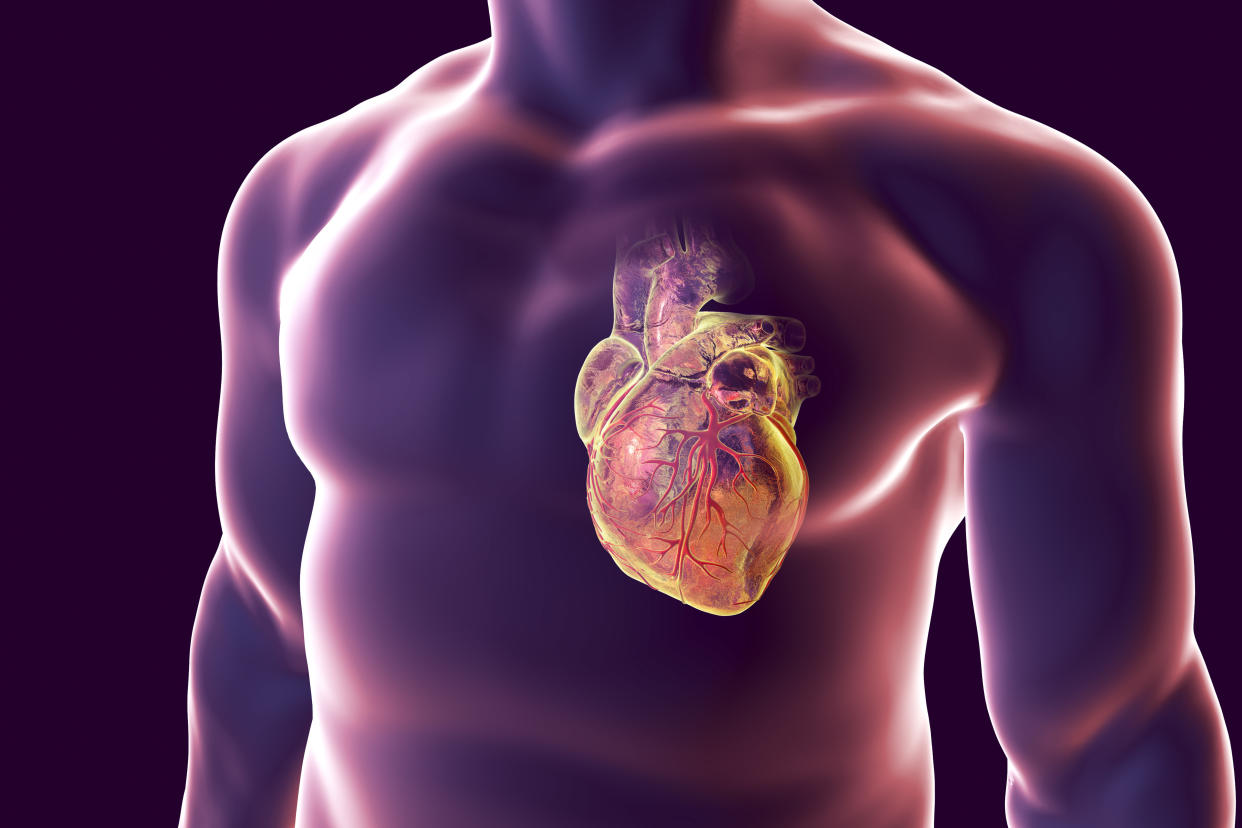No excessive force used on man who died while restrained after taking upskirt photos: State Coroner

SINGAPORE — A man who was restrained by several members of the public suspecting him of taking upskirt photos had died from a “natural disease process” during the incident.
Andrew Ho Chee Meng had a medical history of cardiac-related conditions and likely suffered from the stress of being chased and restrained on 1 November last year, according to the Coroner Court’s findings, which were delivered on 11 September. Ho died from hypothyroid cardiomyopathy, a type of heart failure.
The witnesses had not been overly aggressive or used excessive force on Ho while restraining him, State Coroner (SC) Kamala Ponnampalam said.
SC Ponnampalam said that Ho, a 46-year-old Singaporean, had been attempting to take upskirt photos of a woman while on an escalator at Little India MRT station.
He was spotted by a member of the public, Ng Kim Tong, who was at the foot of an escalator at the same station.
Ng shouted at Ho and chased after him, prompting Ho to run up the escalator. Another member of the public, Nardozi Thierry, joined in the chase.
Ho fled from Little India MRT station and ran cross an open carpark with the two men in pursuit. A third man, Rudy Iskandar Khan Nasir Khan, joined in and the trio managed to detain Ho on the pavement outside 56 Niven Road.
Ho struggled with Ng and fell on the ground. The trio then restrained Ho as he lay in a prone position on the ground. Nardozi placed his knee on the back of Ho’s thighs and took away his handphone to prevent him from deleting any evidence.
A while later, the alleged victim arrived at the location and called the police. A fourth member of the public, Leong Cheng Fong, saw the commotion as he was driving by and recorded the incident. Leong then took over restraining Ho, holding his left arm with one hand while placing his other hand on Ho’s back.
Ho began to vomit at this point while he was struggling.
A while later, Rudy’s brother, who arrived at the scene in the search of his brother, took over the restraining.
At about 12.53pm, the police arrived and tapped Ho on the shoulder. Ho was unresponsive. One of the men remarked that Ho was putting on an act as the police were there. When an officer turned Ho around, he saw Ho’s eyes and mouth open, with vomit on his face and on the ground.
The police officer checked for a pulse but could not detect one. An ambulance was called.
Subsequent efforts to resuscitate Ho were futile and he was pronounced dead at 1.15pm.
Ho’s medical history
Forensic findings revealed that Ho had a history of hyperthyroidism. He was also seen at the Institute of Mental health, and was diagnosed with paraphilia, which includes voyeurism.
Hyperthyroidism makes the heart slow to recover from heart contraction in time for the the next contraction and is sensitive to falling levels of thyroid hormones. This made Ho more prone to problems with his heartbeat.
Ho was given medication for his condition but he did not follow instructions. The “stressful” event of being chased and captured may have caused more problems with his heartbeat.
External injuries did not contribute to Ho’s death, said the State Coroner, who also commented on the actions of the members of public involved.
“The efforts of the members of public to apprehend and then to confine Mr Andrew, who was spotted doing an unlawful act, is commendable,” she said.
“But certain aspects of their actions merit comment. When Mr Andrew was lying prone on the ground, most of them had observed that Mr Andrew had vomited, but no attempt was made to reposition him or to actively check that he was well.”
She noted that it was clear from footage that Ho had stopped struggling and was lying motionless for three minutes. The witnesses either did not observe this or did not think that it was significant.
“The witnesses were obviously unaware of the medical risks associated with methods of restraint or the need to continually monitor as a means of mitigating that risk. That said, it is noted that the witnesses did not behave in an overly aggressive manner with Mr Andrew or use excessive force to restrain him.”
While police officers are provided training on how to restrain suspects, members of the public are told to report criminal activity or seek assistance from the police.
“The members of public are not specifically discouraged from actively assisting or helping others in need. Public participation in crime prevention efforts is necessary and ought to be encouraged. It may be prudent, however, to promote reporting to police or seeking police assistance as the preferred and safer option.”
Stay in the know on-the-go: Join Yahoo Singapore's Telegram channel at http://t.me/YahooSingapore
Other Singapore stories
Geylang murder trial: Boyfriend claims victim provoked him into tying towel around her neck
COVID-19: Singapore confirms 21 new cases, none in the community
Car driver who sped and injured 3 pedestrians near MBFC jailed 15 weeks



